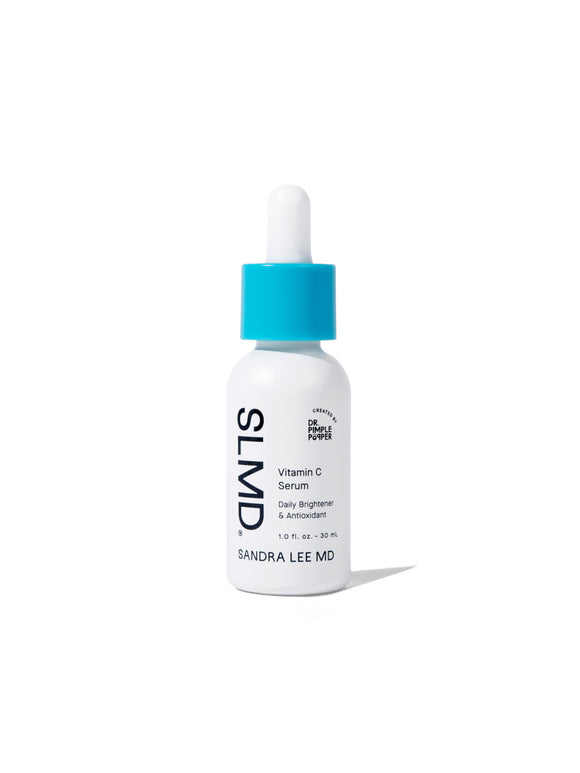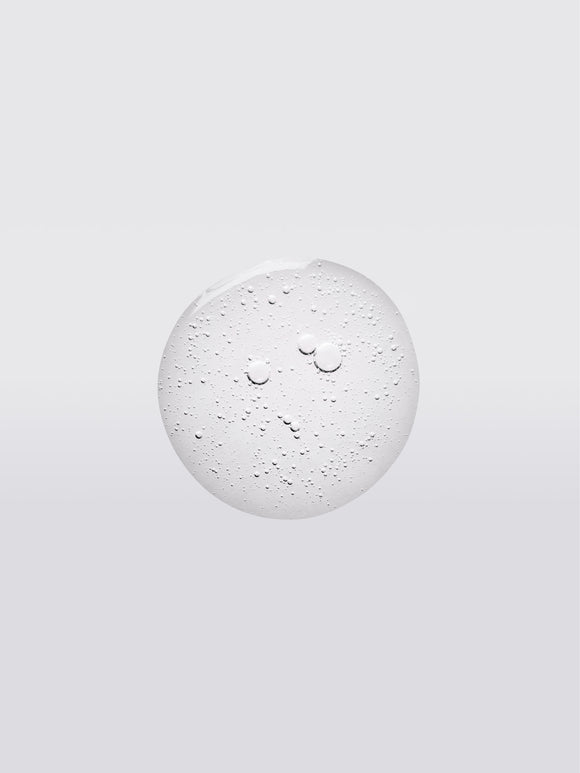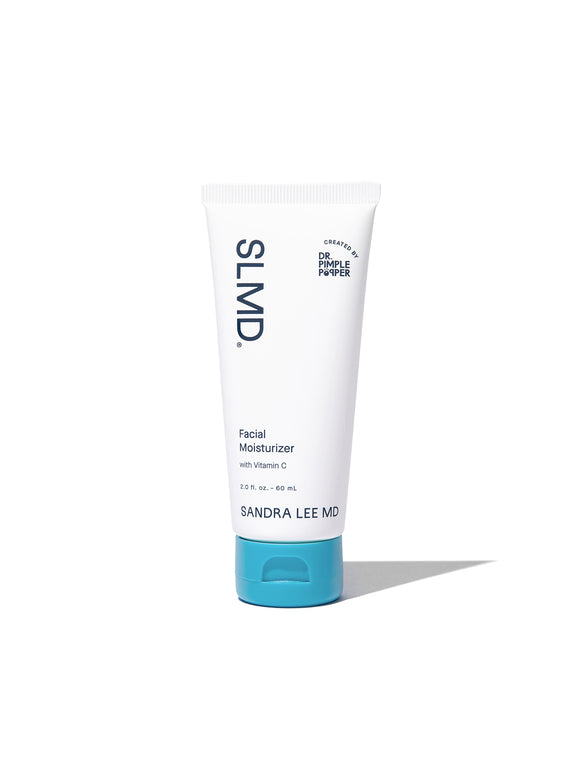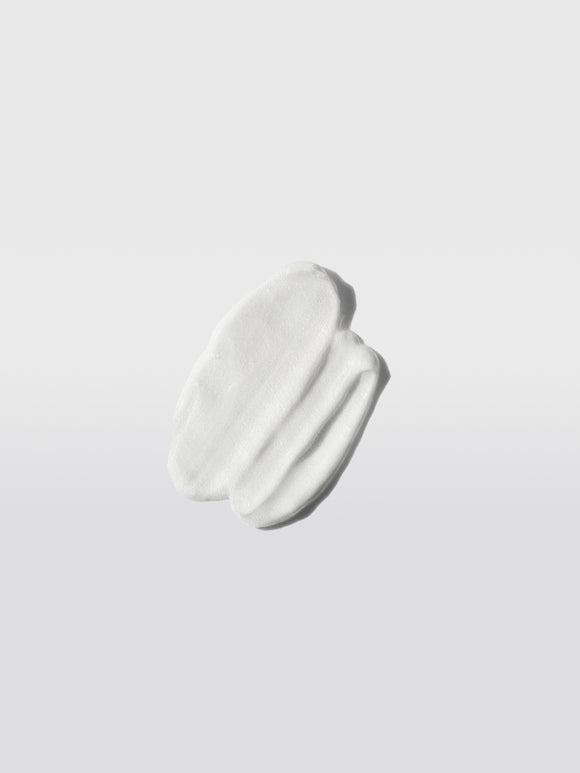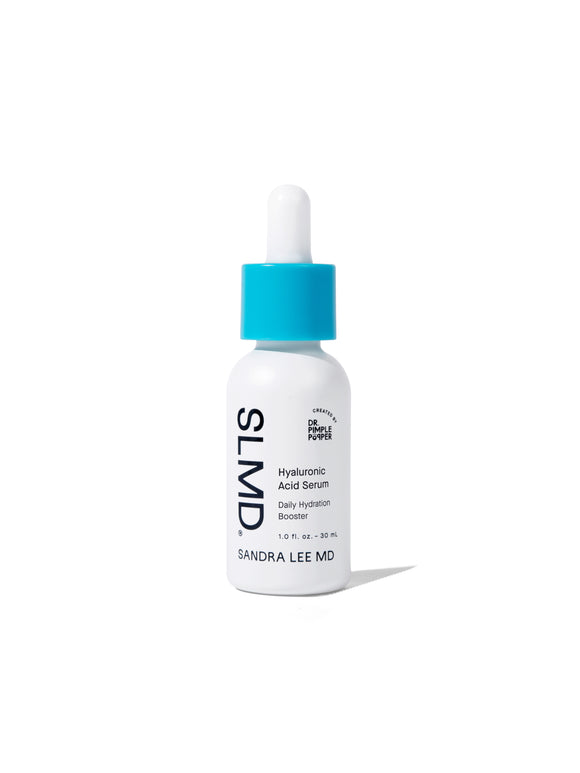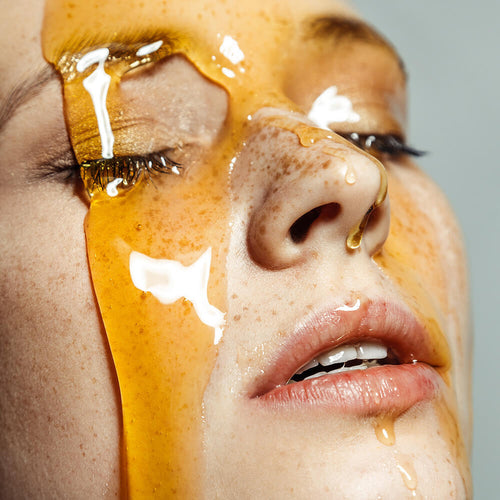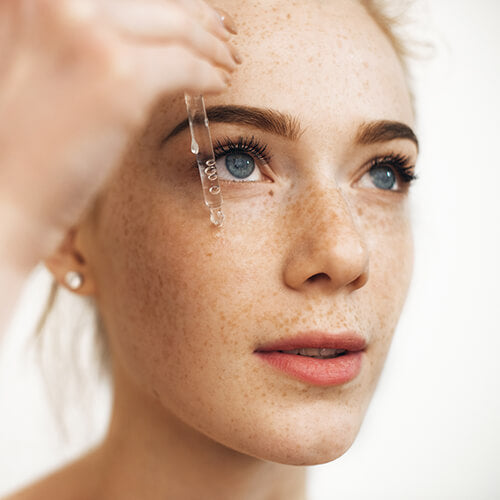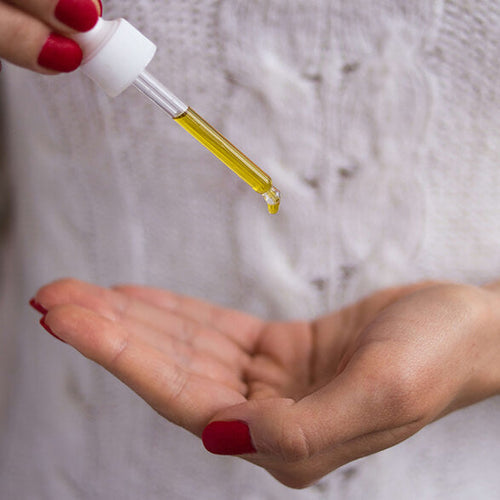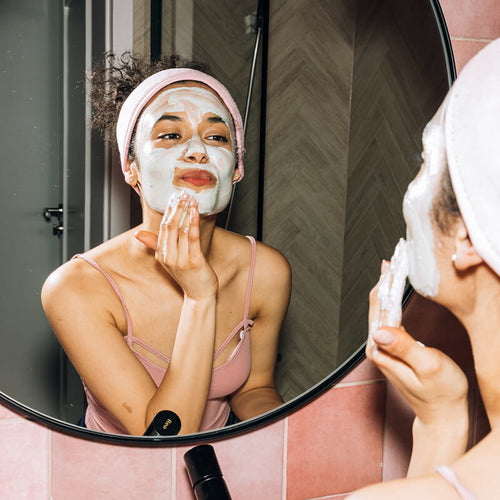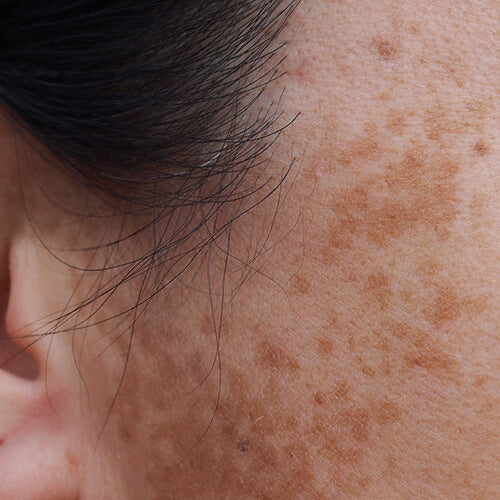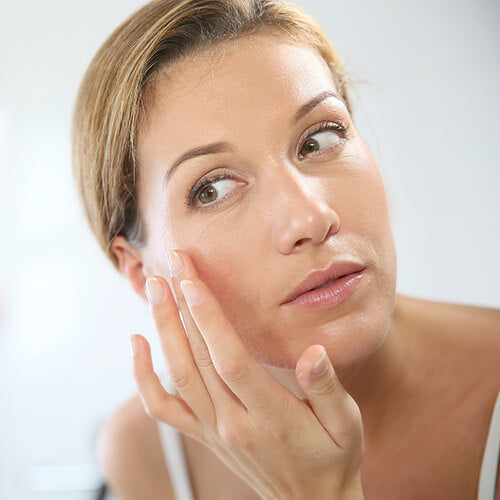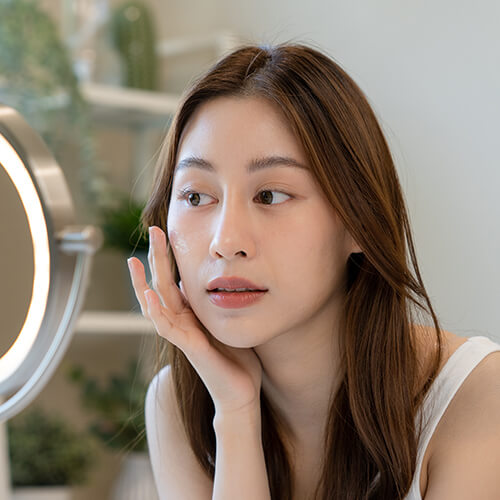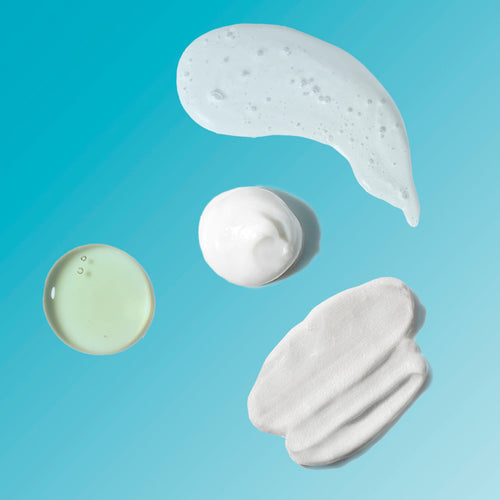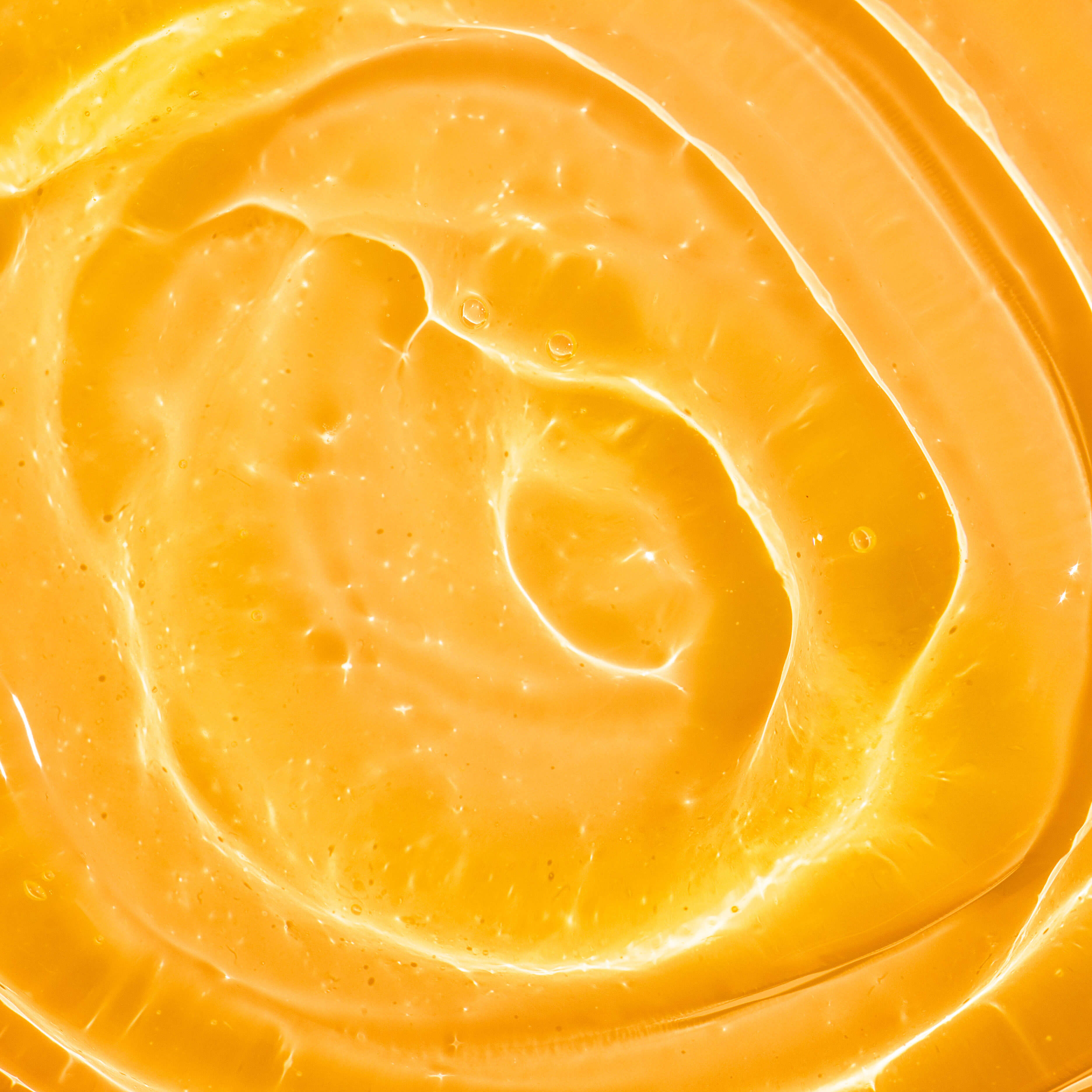
8 Vitamin C Myths in Skincare, Debunked
Dr. Pimple Popper reveals the truth about this powerhouse antioxidant.
Published:
3 minute read
Vitamin C is a powerhouse ingredient in skincare, celebrated for its brightening, anti-aging, and antioxidant properties. But with its popularity comes plenty of myths — from how it works to the best ways to use it.
Dermatologist and SLMD Skincare founder Sandra Lee, MD (aka Dr. Pimple Popper), is here to separate fact from fiction. Let’s bust some of the most common vitamin C myths so you can make the most of this game-changing ingredient.
#1 The best vitamin C skincare is expensive
It’s tempting to assume that higher price tags mean higher quality, but with vitamin C, effectiveness isn’t tied to cost. What matters most is the formulation and how it fits your skin’s needs.
Vitamin C comes in several forms, like L-ascorbic acid (highly potent but unstable) and sodium ascorbyl phosphate (gentler and longer-lasting). High-potency forms like L-ascorbic acid are more prone to oxidation if not properly stored, which can cause them to lose effectiveness before you finish the bottle — no matter how much you paid.
Dr. Lee says: "The best vitamin C formula is one that’s stable, effective, and fits your skin type. SLMD Vitamin C Serum, for example, combines three stable forms to provide benefits without irritation."
#2 Vitamin C stains your skin
This myth arises from the instability of certain vitamin C formulations. When exposed to light and air, unstable vitamin C oxidizes, turning orange or brown. Applying oxidized vitamin C can temporarily discolor your skin — and it’s a sign the product has lost its potency.
To avoid this, choose stabilized formulas and store them in a cool, dark place. SLMD Vitamin C Serum is formulated with stabilized types of vitamin C, so it stays effective without staining your skin.
#3 Vitamin C causes sun sensitivity
Contrary to popular belief, vitamin C doesn’t make your skin more sensitive to sunlight. Instead, it enhances your sunscreen by neutralizing free radicals created by UV rays, offering extra protection against sun damage.
However, unstable vitamin C can degrade in sunlight, which is why applying sunscreen over it is essential for maximizing its benefits (try: SLMD Daily Moisturizer with SPF 15).
Dr. Pimple Popper's Vitamin C Picks
#4 You can only use vitamin C in the morning (or night)
There’s ongoing debate about whether vitamin C works best during the day or night. Here’s the truth:
- Morning: Vitamin C protects against environmental aggressors like UV rays and pollution.
- Night: Some prefer applying it in the evening to avoid sunlight degrading unstable formulas.
Ultimately, you can use stable vitamin C products day or night. Just don’t layer them with incompatible actives like benzoyl peroxide or retinol.
#5 Sensitive skin can’t tolerate vitamin C
Sensitive skin can sometimes react to potent vitamin C forms like L-ascorbic acid, which is both highly reactive and bioavailable. However, gentler derivatives such as sodium ascorbyl phosphate or magnesium ascorbyl phosphate are better suited for sensitive types.
Pairing vitamin C with soothing ingredients like hyaluronic acid can also help minimize irritation. Start with a lower concentration and patch-test to build tolerance.
#6 Vitamin C works instantly
While vitamin C starts working immediately to neutralize free radicals and stimulate collagen, visible results take time. Brightening dark spots, improving skin texture, and reducing fine lines often require consistent use over weeks or months.
Dr. Lee advises: "Consistency is key with vitamin C. Stick with your routine, and you’ll start seeing the long-term benefits."
#7 You can’t combine vitamin C with other acids
This myth oversimplifies how vitamin C interacts with other ingredients. Here’s a breakdown:
- Retinol: Use at opposite times (morning/evening) to avoid irritation
- Ferulic acid: Enhances vitamin C’s stability and boosts its antioxidant properties
- Glycolic acid: Improves absorption; alternate application if the combo is too harsh
- Hyaluronic acid: Hydrates and soothes, making it a great pairing
- Kojic acid: Combines well with vitamin C to target hyperpigmentation
The key is knowing your skin’s tolerance and using combinations strategically.
#8 All vitamin C is the same
Not all vitamin C forms are equal. L-ascorbic acid is the most potent but unstable, while derivatives like tetrahexyldecyl ascorbate or ascorbyl glucoside are gentler and more stable.
The formula’s pH, concentration, and supporting ingredients determine its effectiveness.

Dr. Lee's Last Word
Vitamin C is one of the most versatile ingredients in skincare. Whether you’re looking to brighten your skin, boost collagen, or protect against free radicals, it’s important to choose the right formula for your skin type — and use it consistently. And don’t forget to pair it with sunscreen for the best results.



